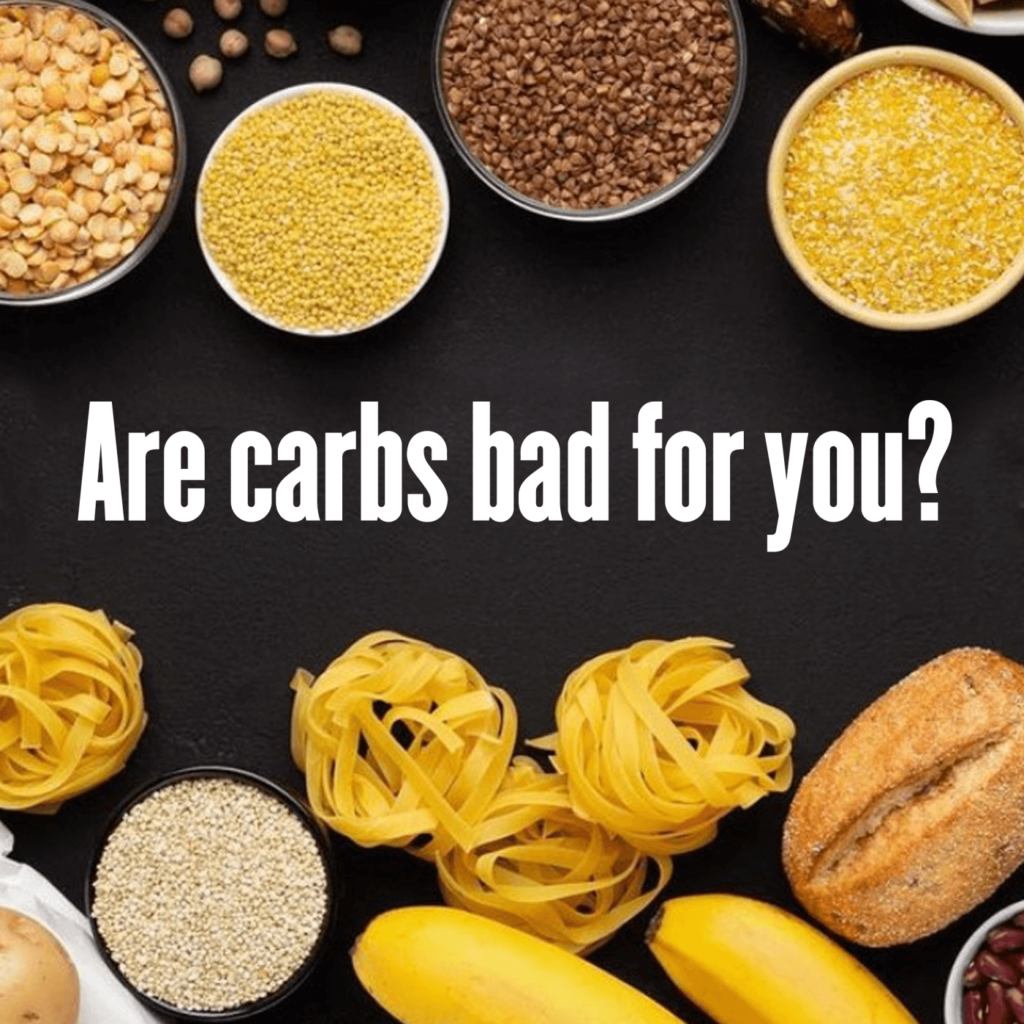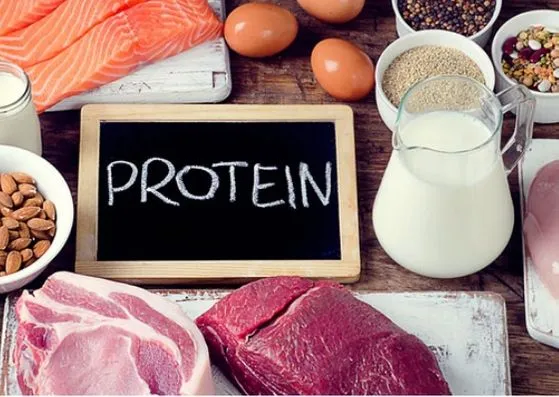Health is an essential part of our lives, and with the constant stream of information available, it can sometimes be challenging to separate fact from fiction. From diet trends to exercise routines, there are many myths circulating that can confuse and mislead us about what’s truly beneficial for our bodies. In this article, we will address and debunk some of the most common health myths, providing you with evidence-based truths that can improve your overall well-being.
Myth 1: Carbs Are Bad for You

The Truth: Carbohydrates often get a bad rap, especially with the rise of low-carb diets like keto. However, not all carbs are created equal. Complex carbohydrates, found in foods like whole grains, fruits, and vegetables, are an essential source of energy, fiber, and nutrients for your body. In fact, whole grains and fiber-rich carbs help regulate blood sugar and support digestive health.
While refined carbs, such as those found in sugary snacks and processed foods, can lead to weight gain and increase the risk of chronic conditions like heart disease, the right carbs are beneficial. It’s important to focus on the quality of carbs consumed rather than eliminating them entirely.
Myth 2: Detox Diets Are Essential for Cleansing Your Body
The Truth: The idea of detoxing or cleansing the body through special diets or juices is popular in wellness circles, but it’s a myth. Our bodies already have highly effective detoxification systems—mainly the liver, kidneys, and digestive tract—that filter out toxins and waste naturally. Instead of relying on expensive detox products, focus on maintaining a balanced diet with plenty of fruits, vegetables, and water to support these organs in their natural processes.
If you feel sluggish or tired, it’s often a result of poor dietary habits or insufficient sleep rather than a need for detoxification.
Myth 3: You Can Target Fat Loss in Specific Areas
The Truth: Spot reduction, or the idea that you can target fat loss in specific areas of your body through exercises like crunches for belly fat or leg lifts for thigh fat, is another common myth. Fat loss happens uniformly throughout the body, and there’s no way to choose where the fat comes off. While strengthening exercises can tone and shape specific muscles, they won’t directly burn fat in targeted areas.
To reduce body fat, a combination of cardiovascular exercise, strength training, and a healthy diet that creates a calorie deficit is the most effective approach.
Myth 4: You Should Drink 8 Glasses of Water a Day

The Truth: The “8 glasses of water a day” rule is widely known, but it’s not necessarily true for everyone. Hydration needs vary based on factors like age, activity level, climate, and health conditions. For some people, 8 cups may be too much, while others might need more.
The best approach is to listen to your body and drink when you’re thirsty. Additionally, foods like fruits and vegetables contribute to your hydration, so you don’t always have to rely solely on drinking water.
Myth 5: All Fats Are Bad for You
The Truth: Fat is a macronutrient that is essential for our bodies. However, the key is in choosing the right kinds of fats. Unsaturated fats, found in foods like olive oil, avocados, nuts, and fatty fish, are beneficial for heart health and overall well-being. These fats help reduce inflammation and improve cholesterol levels.
On the other hand, trans fats and excessive saturated fats, commonly found in processed foods, can increase the risk of cardiovascular disease. Moderation and choosing healthy fat sources are key.
Myth 6: You Need to Exercise for Hours to Lose Weight
The Truth: Many people believe that weight loss requires hours at the gym, but this is a myth. While consistent exercise is important for overall health, you don’t need to spend hours working out to lose weight. Short bursts of high-intensity exercise (HIIT) can be just as effective, if not more, than long sessions of moderate-intensity cardio.
The focus should be on finding an exercise routine that fits into your lifestyle and is sustainable. Whether it’s walking, cycling, or strength training, consistency is what counts.
Myth 7: More Protein Means More Muscle

The Truth: While protein is essential for muscle repair and growth, consuming excess amounts won’t automatically result in more muscle. Your body has a limit to how much protein it can use for muscle synthesis, and the rest is either stored as fat or excreted.
Muscle growth is more about a balanced approach, including proper strength training, adequate rest, and a well-rounded diet that meets your energy needs. The recommended daily intake of protein varies based on factors like age, activity level, and fitness goals.
Myth 8: Skipping Meals Helps You Lose Weight
The Truth: Skipping meals can backfire when it comes to weight management. While it may seem like skipping breakfast or lunch would reduce calorie intake, it often leads to overeating later in the day. Your body needs a consistent supply of nutrients to function properly, and skipping meals can lower your metabolism, making it harder to lose weight.
Instead of skipping meals, focus on eating balanced, smaller meals throughout the day to keep your metabolism steady and avoid overeating.
Myth 9: Supplements Can Replace a Healthy Diet
The Truth: While supplements can be helpful for filling specific nutrient gaps, they should never replace a healthy, balanced diet. Whole foods provide a variety of vitamins, minerals, and other beneficial compounds that supplements cannot fully replicate. Additionally, a diet rich in fruits, vegetables, lean proteins, and whole grains provides fiber and other nutrients that support overall health.
Before relying on supplements, it’s best to focus on a diverse and nutrient-dense diet, and only use supplements when recommended by a healthcare provider.
Myth 10: Mental Health Problems Are a Sign of Weakness
The Truth: Mental health struggles are not a reflection of weakness. In fact, mental health issues such as depression, anxiety, and stress are common and can affect anyone, regardless of their strength or resilience. Mental health is as important as physical health, and seeking help when needed is a sign of strength, not weakness.
If you’re struggling with mental health, it’s essential to talk to a professional for guidance and support. Therapy, medication, and lifestyle changes can all play a role in improving mental well-being.
Also Read : Innovations In Healthcare: What’s Next For Medical Advancements?
Conclusion
Health myths are prevalent in society, and many of them can lead to confusion or poor decision-making. It’s essential to rely on scientifically backed information and consult healthcare professionals when making choices about your health. By debunking these common myths, we hope you can make more informed decisions that contribute to a healthier, happier life.
Remember, health is not about following trends or quick fixes but about creating sustainable habits that work for you in the long run.
FAQs
What are the best carbs for a healthy diet?
Complex carbs, such as whole grains, legumes, and vegetables, are the best choices. They provide essential nutrients and fiber, which help maintain steady energy levels and promote digestive health.
Are detox diets necessary for cleansing the body?
No, detox diets are unnecessary. The body has natural detoxification processes through the liver, kidneys, and digestive system. A balanced diet and adequate hydration support these processes.
Can I lose weight without exercising?
While exercise is beneficial for weight loss, diet plays a crucial role. Maintaining a calorie deficit through proper nutrition can lead to weight loss, but exercise is essential for overall health, fitness, and maintaining muscle mass.
How can I improve my mental health?
Improving mental health involves a variety of strategies, such as regular exercise, a balanced diet, adequate sleep, stress management, and seeking professional help when necessary. Practice mindfulness, maintain social connections, and focus on self-care to improve mental well-being.
Is it okay to eat fat in my diet?
Yes, healthy fats are important for overall health. Unsaturated fats, like those found in olive oil, nuts, and avocados, are beneficial for heart health. Limit trans fats and saturated fats found in processed foods for better health outcomes.








